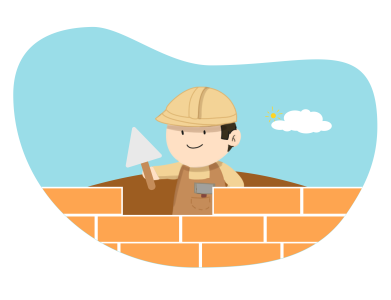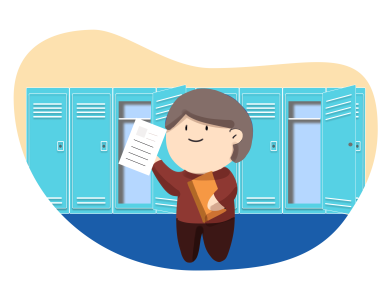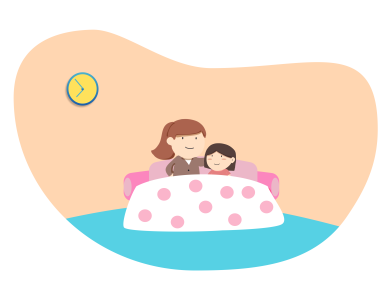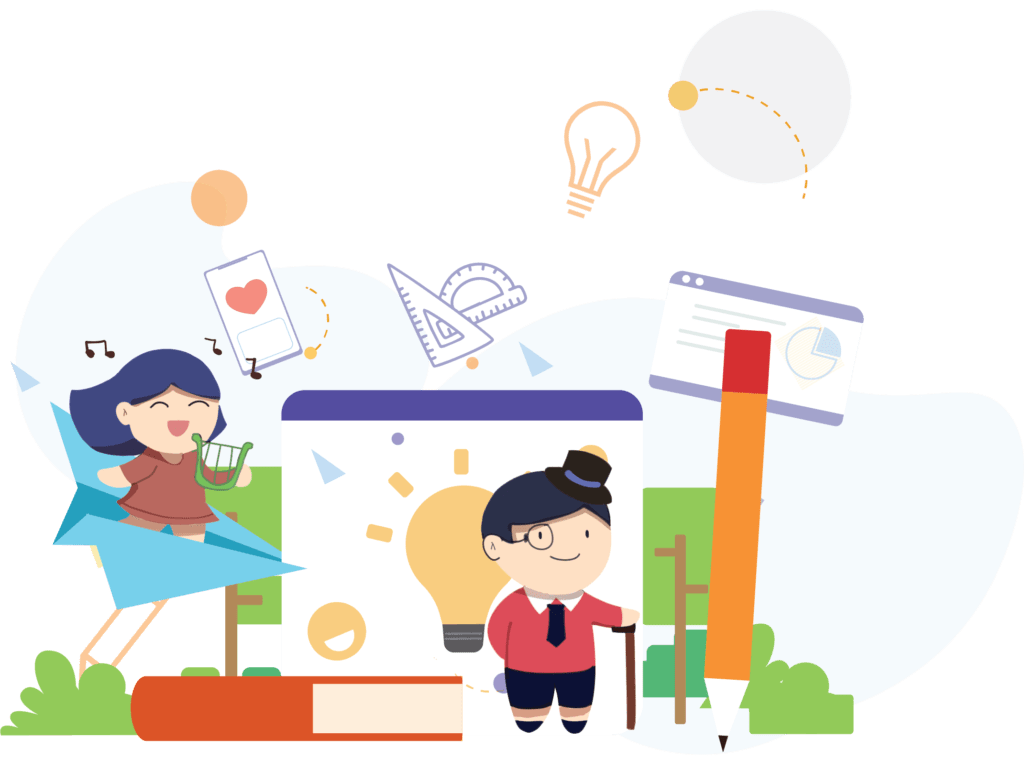
- GRIP Learning's Team
Every child has the capacity to take the lead in some aspect of their life. Here are some ways that can help you build leadership skills ...
As a parent or teacher, you probably want to know how your child is progressing over time. Getting to know your kids means understanding their emotions, worldviews, and cognitive development as they mature. Every parent wishes to guide their child’s emotional development and keep track of their progress. Being a good parent involves doing all of these things. It has never been quite so simple, however; because of this, specialized fields of psychology like developmental psychology and child psychology have emerged.
Throughout history, children have been treated like little adults, to the point where they are required to wear adult clothing and work in the same settings as their adult counterparts. Child psychology was an unknown concept in this setting.
Among experts in the field of child psychology, Jean Piaget is universally considered the man who started it all. From the 1920s onward, his work contributed to the theory that the young and old had distinct approaches to thinking.
One of his important contributions is his theory that children go through different phases of emotional and mental development over the course of childhood.
He also thought that a person’s emotional, social, and physical growth are all linked to their intellectual growth.
We now understand that a person’s younger years are crucial in shaping who they become as adults. Regardless of how unimportant an event may appear at the time, it can have a lasting effect on our emotions and actions as adults.
Child psychologists focus on this vital age range, making them experts in a subfield of developmental psychology known as child psychology or child development.
Child psychology refers to the scientific study of how children and young people grow and change from an internal and external perspective.
The field of child psychology examines both the unconscious and conscious growth of children.
Moreover, in Merriam-Webster child psychology means “the study of psychological characteristics of infants and children and the application of general psychological principles to infancy and childhood.”
Professional child psychologists study a kid by seeing how they react to others, themselves, and the world around them.
They watch children and teens, then use their knowledge and skills to figure out the causes of emotional and behavioral problems and work with the families to find solutions.

From infancy through adulthood, a kid must go through a series of more and more complex stages of development.
Furthermore, many elements, including genetics, the environment, and culture, all have an impact on these phases of development.
Understanding how children think and feel, as well as what they need to flourish, is essential for parents and educators, which is why the field of child psychology is so important.
Psychologists claim that children are unable to express their emotions because they are too preoccupied with the rapid pace of their own development.
As a result, child psychology serves an important purpose by providing parents and educators with relevant and timely insights.
Apart from this, child psychologists can spot abnormalities in their earliest stages. In this way, they help in the diagnosis of learning-related disorders like anxiety, hyperactivity, and attention deficit hyperactivity disorder.
Since they get to the cause, they can also help with the prevention, treatment, and evaluation of developmental delays or abnormalities like autism.
Every parent hopes their child grows up to be happy and healthy. But, as was previously said, the process is complicated, and it’s not always possible to tell if a child is developing normally for his or her age.
A child psychologist, on the other hand, can help with understanding and assessing such issues; in fact, this is the essence of their profession and the reason for the development of such a specialty.
The field of child psychology is particularly concerned with the mental and behavioral processes of children throughout their entire lives, from infancy to adolescence. The physical, cognitive, emotional, and social development of children is all covered.
You may quickly learn how to speak with and persuade a child if you have a clear understanding of his or her normal or unusual psychological pattern.
Thus, with the help of child psychology, parents may more readily connect with their children and teach them emotional regulation and other life skills.
So, it’s much easier to make sure the kids do well at every important step on the way to becoming adults.




